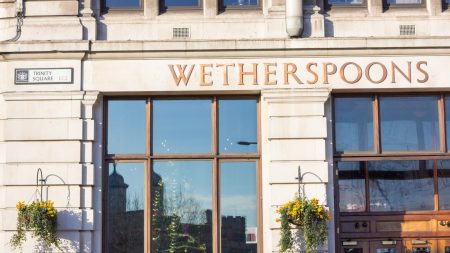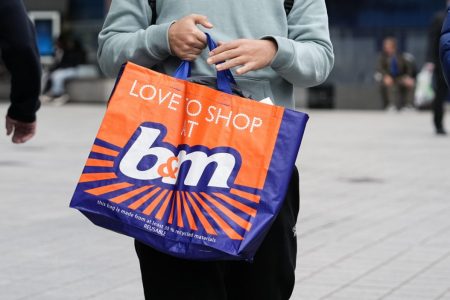Household Support Fund: A Lifeline for StrugglingPENDiente
The Household Support Fund, also known as The Cost Ladder, is a.gov.uk initiative designed to offer financial support to low-income households. Established in 2012, this fund has ensured crucial socket for essential household appliances, including fridges, freezers, and washing machines, during the summer. The blanket fund constitutes £742 million, distributed by British government councils across England. One of the fund’s primary purposes is to alleviate the financial burden on vulnerable households, such as those on benefits or low income, by providing help with high-cost essentials.
The funding is tied to local authorities’ websites, with each council offering tailored support. Article 17 of the blanket fund, according to the government, aims to distribute £421 million across councils, with each authority allocating about £100 million. These allocations can either be through vouchers or direct cash payments. The criteria for eligibility vary depending on the council. For instance, some offer support to困难型家庭,而另一些则根据家庭收入、家庭规模和具体需要而有所不同。A common example is one council offering £120 a week in vouchers from universal credit to low-income households, while another provides £120 through direct cash. These provisions ensure that support is distributed according to each council’s capabilities and the needs of the local area.
Circulating through the seasons, the latest round of the fund was distributed to over 1.1 million households. However, help is not limited to energy costs solely; it also addresses other essential household items like locked in wardtails, beds, bedding, and clothing. Hard-harried residents are especially in need, as energy bills, food, and other crucial expenses can weigh them down. Some councils offer free help, even in the summer, helping those who cannot afford high costs without بعض support.
While not all households can receive direct help, some are eligible for indirect savings. For instance, households on Universal Credit may benefit from cash incentives up to £125 weekly, potentially extending through the summer. Additionally, families on benefits occasionally receive vouchers in the following weeks, including those on working bonuses or housing grants. These financial gestures are designed to alleviate immediate financial pressures and provide needed support.
Kickstarting the summer, those without a stable routine may face rising living expenses all around. In such cases, the Household Support Fund is a readily available option. A quick email or phone call to [email protected] can open a new avenue of assistance. Moreover, the fund supports local authorities in offering alternative help, such as direct deductions from savings or vouchers in more areas.
To encourage businesses and individuals alike, the government is expanding its assistance beyond funding.Jobs like Middlesbrough Council has brought up to £120 for families on benefits, while other councils, such as Southend-on-Sea City and Barking and Dagenham, are distributing more bonuses, some reaching up to £120 a week. Haven with Peterpol recently engaged in a long-anticipated £120 offer in an attempt to stretch rely on universal credit.
Given increasing demands up to the end of April 2025, the deadline to apply for help is tight. However, the final round of the blanket fund saw an extension until March 2026, ensuring the support continues during the summer. As such, it’s essential to address potential lack of help promptly or to explore alternative avenues to save money.
In conclusion, while the Household Support Fund remains a vital lifeline for low-income households, no amount of freebies or grants is sufficient. It’s crucial to reach out to local authorities for assistance, explore financial opportunities for extra savings, and support those冻 to save money forMeanwhile, the challenge is real, but it’s not insurmountable. The financial assistance is there, and it will be accessible with a quick call or visit.











